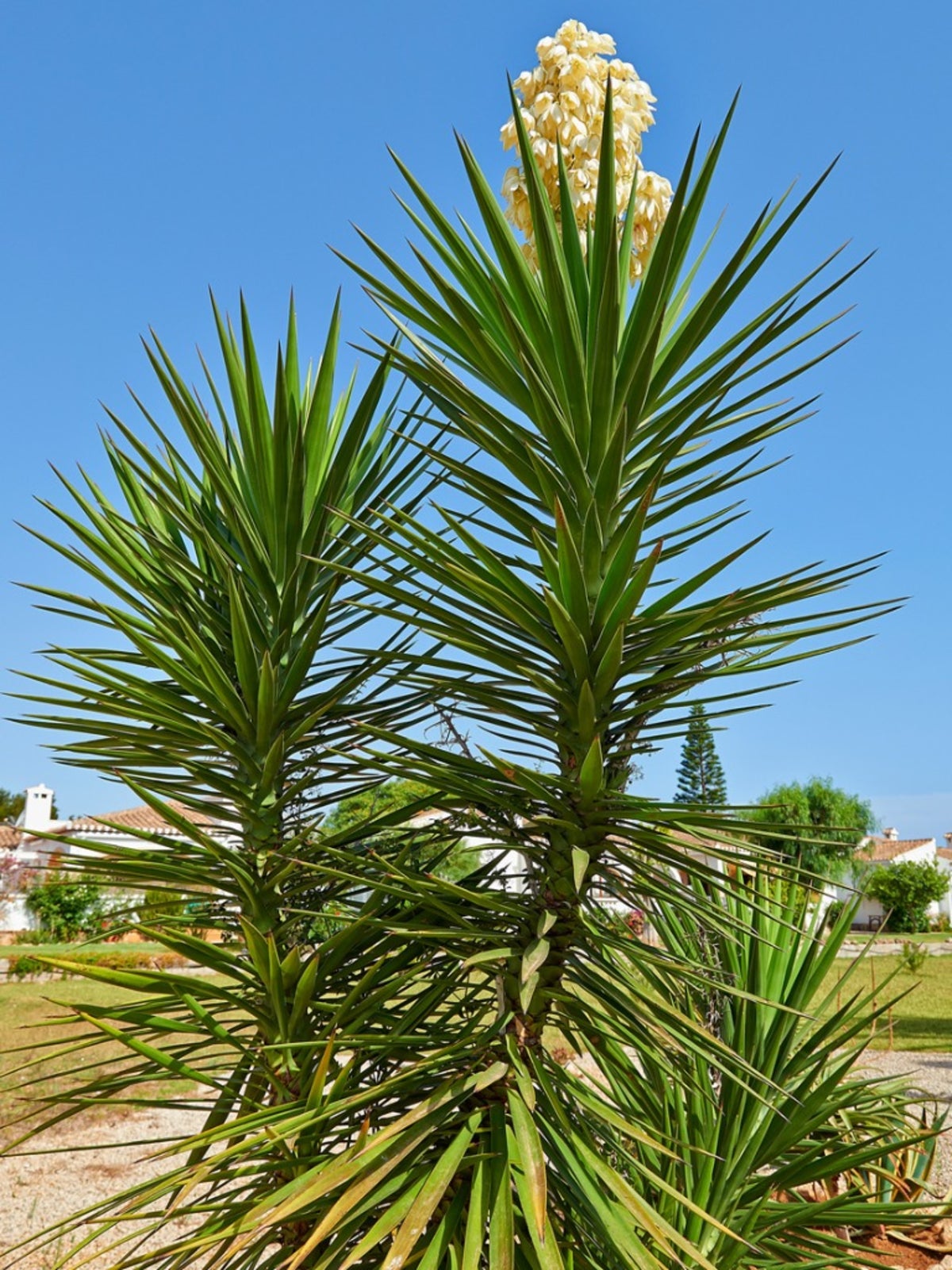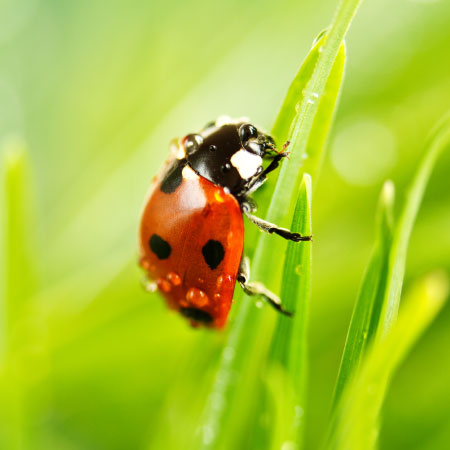Yucca Plant Bugs: Learn How To Treat Insects That Affect Yuccas


Yuccas are perfect landscape plants: low-care, beautiful, and water-wise. Fortunately, they have only a few problems or diseases you’ll have to deal with, but if you happen to notice a bug or two crawling around on your plants, it’s best to know if it’s a friend or foe. Read on for a list of pests that commonly bother yuccas in the landscape.
Pests of Yucca
Yuccas make great additions to the landscape. After all, these tough, water-saving plants look beautiful in almost any surrounding and produce a dramatic flower spike in the summer. There’s not much to dislike about these easy-care plants. Even their pest problems aren’t all that serious, though there are a few insects that affect yuccas. Most pests on yucca are very minor problems, but knowing which yucca plant bugs are worrisome and which aren’t so serious can help you decide how to best handle your yucca’s bug issues. Here are the most common yucca pests you’ll find in your home landscape, along with some tips for treating yucca pests:
- Agave plant bugs – Plant bugs feed by piercing the leaves of yucca and sucking out the juices inside. The spots where they’ve pierced will scar into a small brown area. These 1/2 inch (1.5 cm.) long plant bugs are fairly easy to spot in action, and just as easy to kill. Several applications of insecticidal soap applied directly to the pest will take care of them in a few weeks.
- Aphids – Black aphids are common pests and may be found feeding on flower stalks or leaves. They’re easily dispatched with sprays of water from a hose since aphids drown readily. Continue spraying the bugs daily until the colony is destroyed.
- Mealybugs – These wax-coated insects are easy to spot on yucca from the nearby deposits of waxy scales. As with aphids, they may attract ants with their honeydew but are easily dispatched with blasts of water from the garden hose just like aphids. Any ant colonies that are caring for the mealybugs will need to be baited to prevent reinfestation.
- Scale – Scale often appear as bumps, bruises, and unusual spots on plants, but soon multiply and cover leaves entirely. These armored pests are harder to control than their cousins, the mealybugs and aphids, but they can be conquered. Depending on the size of the colony, repeated treatments with neem oil can destroy the insects; if many scale are present, apply imidacloprid at recommended dosages after flowering (or remove the flower before application if the plant is in imminent danger).
- Two-spotted mites – Not truly insects, two-spotted mites are tiny plant-feeding arachnids. You may notice fine webbing collecting on your yucca when they start to show signs of infestation, but it’s more likely that you’ll not notice anything different until the plant is having serious problems thriving. You can suppress mites by increasing the humidity around your yucca, but this could encourage fungal disease instead. For best results, smother the mites with neem oil or an insecticidal soap applied several times according to the package directions.
- Yucca weevil – When it comes to yucca plant pest control, yucca weevils are the most difficult to manage. Since they burrow into the crown of the plant, they’re impossible to cure once a serious infestation has set in. Your best bet is to work to keep your yuccas as healthy as you can when signature puncture holes first appear in their leaves.
Gardening tips, videos, info and more delivered right to your inbox!
Sign up for the Gardening Know How newsletter today and receive a free copy of our e-book "How to Grow Delicious Tomatoes".

Kristi Waterworth was a regular contributor to Gardening Know How for many years, answering countless queries on plant pests and diseases.
-
 Looking For Plants To Give You The Soft And Fuzzies? Try These 5 Fuzzy Leaf Plant Options
Looking For Plants To Give You The Soft And Fuzzies? Try These 5 Fuzzy Leaf Plant OptionsLovers of texture, drama, silver foliage and tactile plants will adore these special sensory garden additions. These fuzzy leaf plant options will leave you all aglow
By Susan Albert
-
 Get Ready For A Summer Of Hummers! Grow These Full Sun Hummingbird Plants and Flowers
Get Ready For A Summer Of Hummers! Grow These Full Sun Hummingbird Plants and FlowersIf you’re lucky enough to enjoy a sunny backyard, make sure you are maxing out on your pollinator opportunities and grow these full sun hummingbird plants and flowers
By Tonya Barnett